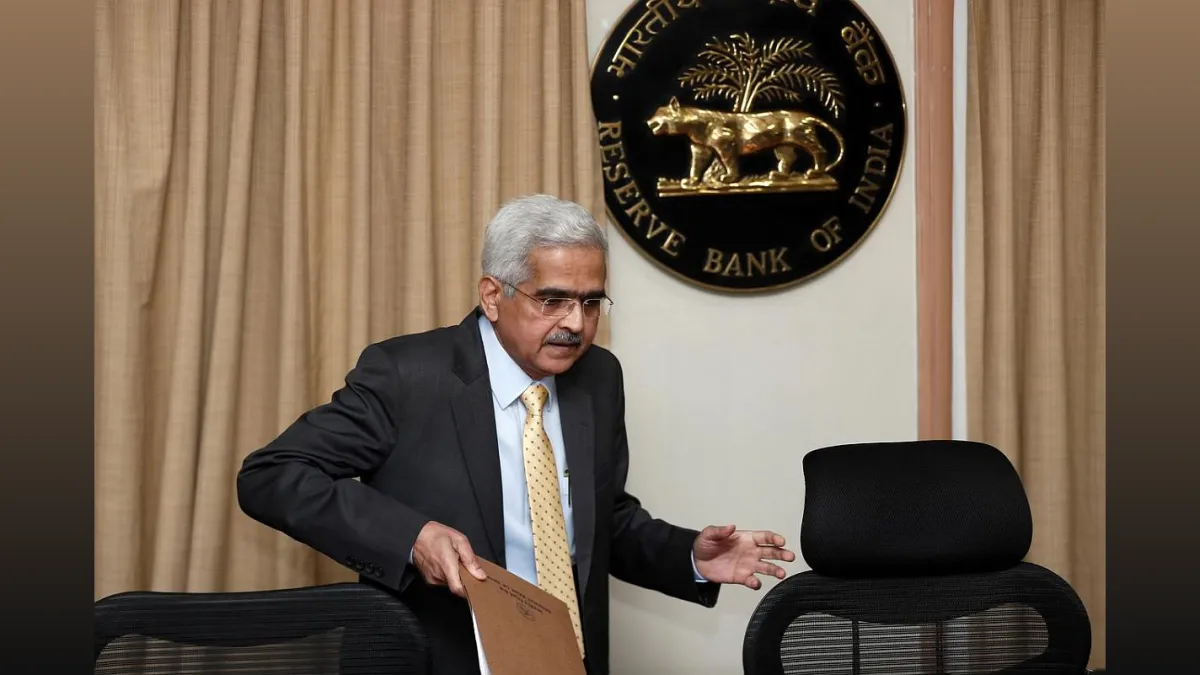RBI May Bring New Rules to Stop Banks From Mis-Selling Products, Says Deputy Governor
If you’ve ever walked into a bank to open a simple savings account and walked out with a life insurance policy you didn’t fully understand — you’re not alone. And the Reserve Bank of India (RBI) is finally taking notice.
M. Rajeshwar Rao, Deputy Governor of the RBI, has said the central bank is seriously thinking about putting new rules in place to stop banks from pushing the wrong products onto customers. It’s a move that could make banking fairer and more transparent for millions of Indians.
What Is Mis-Selling, Anyway?
Mis-selling happens when banks or financial agents sell you something you don’t really need or something that doesn’t match your financial situation. For example, an elderly person being sold a 20-year insurance plan, or someone with no steady income being convinced to buy a complex investment product.

The worst part? Many people don’t even realize they’ve been misled until it’s too late — when they try to claim their money or benefits and find out the product wasn’t right for them at all.
Why the RBI Is Stepping In Now
Over the past few years, there’s been growing concern that some banks and their staff are more focused on hitting sales targets than on doing what’s best for the customer. Deputy Governor Rao pointed out that this kind of behavior erodes trust in the banking system.
He said the RBI is now looking into setting up a clear set of guidelines that will hold banks more accountable for how they sell financial products, especially insurance and investment plans.
What These Rules Might Do
While the final rules are still being worked out, here’s what they’re likely to include:
-
Stricter checks before selling: Banks may have to check whether the product they’re offering is actually suitable for the customer — not just try to make a sale.
-
Better transparency: Customers must be clearly informed about the features, risks, and benefits of any product they’re buying.
-
More customer protection: The RBI could make it easier for people to file complaints if they’ve been mis-sold a product and to get help faster.
In short, the aim is to make sure that the bank is working for the customer — not the other way around.
How This Affects You
If you’ve ever felt pressured to buy something at a bank, or weren’t sure what you were signing up for, these new rules could make a big difference. For everyday people, it means:
-
You’ll be less likely to be sold products that don’t suit your needs
-
You’ll get clearer information before agreeing to anything
-
You’ll have stronger rights if you feel like something wasn’t explained properly
And for the banks? It means they’ll need to train their staff better and make sure that ethical selling becomes the standard — not the exception.
What Happens Next?
The RBI isn’t just going to roll out these rules overnight. It will likely talk to banks, financial experts, and even consumer groups to make sure the new guidelines are balanced and fair.
But Rao’s comments make it clear that change is coming. The central bank wants to create a system where trust between customers and banks is restored — and where people don’t have to second-guess every product that’s being offered to them.
Final Thoughts
This move by the RBI could be a game-changer, especially in a country like India, where millions of people still depend on banks for financial advice. For too long, many have been sold products they didn’t need or understand. If these new rules are introduced and enforced properly, they could help protect consumers and bring more fairness into everyday banking.
It’s a small step — but it could lead to a big shift in how banks treat their customers.






